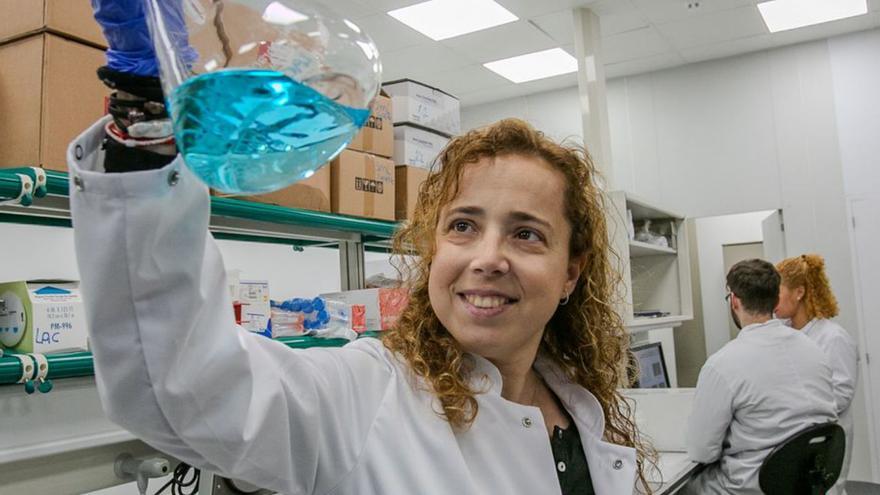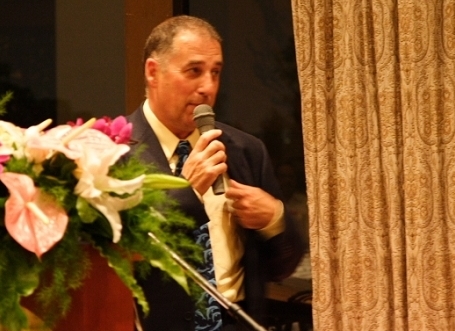Breast cancer is a very common disease that can affect women of any age. We accept very young patients, aged 30 or under, and older patients, aged over 70. Most cases are diagnosed at a very early stage and we can consider several treatment options. However, there are a few cases that reach more advanced stages or are highly aggressive tumors. Then the scenario is more complicated.
It has always been said that there is not just one breast cancer, but there are many types of cancer. What is the most common diagnosis?
75% of the breast cancers we detect are hormonal. In other words, they respond to hormones such as estrogen or progesterone. The remaining 15% of cases are classified as triple negative. These are more aggressive tumors and require a different therapeutic approach. For example, using stronger chemotherapy treatments, or using immunotherapies, as has been recently proposed.
I used to say that two patients with the same breast cancer diagnosis can have different progressions. What could it be due to?
It's one of the questions people who work in oncology ask us every day. We think the answer may lie in questions of basic biology. For example, in certain mutations introduced by the tumor. Or in the cells, tissues and blood vessels surrounding it (what is known as the tumor microenvironment). There are more and more studies looking at how these characteristics affect tumor development.
Why are there treatments that are very effective for some patients and not so effective for others?
This is another one of the doubts I have the most in counseling. There are patients who respond very well and others who do not. In both cases we have to understand why this phenomenon occurs. In cases where things are going well, we want to understand what characteristics support this response and to what extent we can reduce the number of treatments applied. In cases where these methods don't work, we also need to understand what's happening and what other avenues we can explore.
What happens when a patient develops resistance to treatment?
This is one of the questions we intend to investigate in this project. We want to understand why some patients don't respond to treatments that work for others. For example, cases of hormonal breast cancer, which show metastases and do not respond to conventional treatments. Our goal is to understand why this happens, find new therapeutic targets and come up with alternative treatments such as, for example, personalized therapies such as CAR-T immunotherapy.
What are these alternative methods that they suggest?
We are already working on selective treatments against breast cancer. The use of personalized immunotherapies is being studied in which the patient's own lymphocytes (i.e., taken from her own immune system cells) are used to attack cancer cells. These tools, known as CAR-T, are already being used in other diseases such as leukemia, and are now starting to be considered for treating solid tumors such as breast cancer. The first laboratory tests are giving very promising results and we hope to soon begin a clinical trial with volunteers.
When do you think we will have effective immunotherapy available for patients who need it?
It's hard to make an appointment. Science is making great progress in treating breast cancer, but there is still a long way to go before these innovative treatments reach the doctor's office. Being optimistic, I would say that we have years, perhaps decades, to make these treatments available. For this we need a lot of research, a lot of investment and, above all, a lot of cooperation. Fortunately, patients are the first to volunteer to participate in these investigations. Everyone wants to contribute their grain of sand to improve the study of these diseases and accelerate the search for treatments.

“Infuriatingly humble social media buff. Twitter advocate. Writer. Internet nerd.”



.jpg)